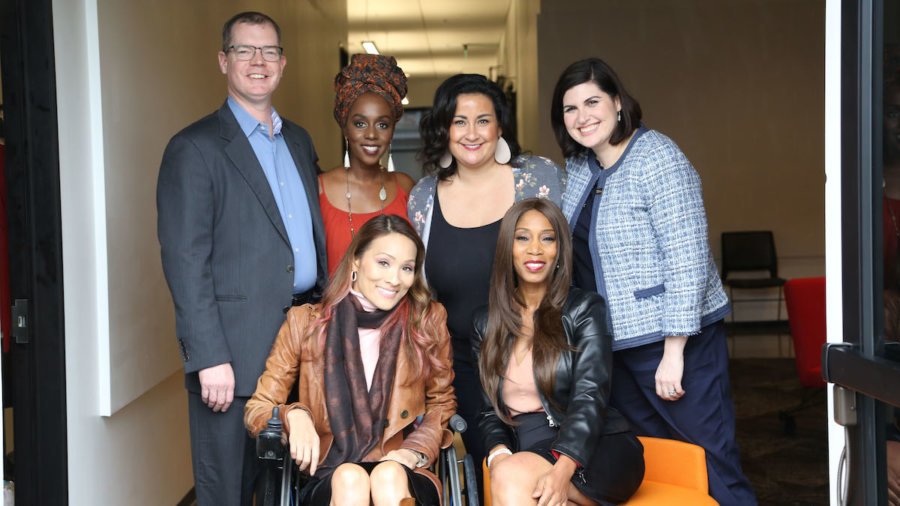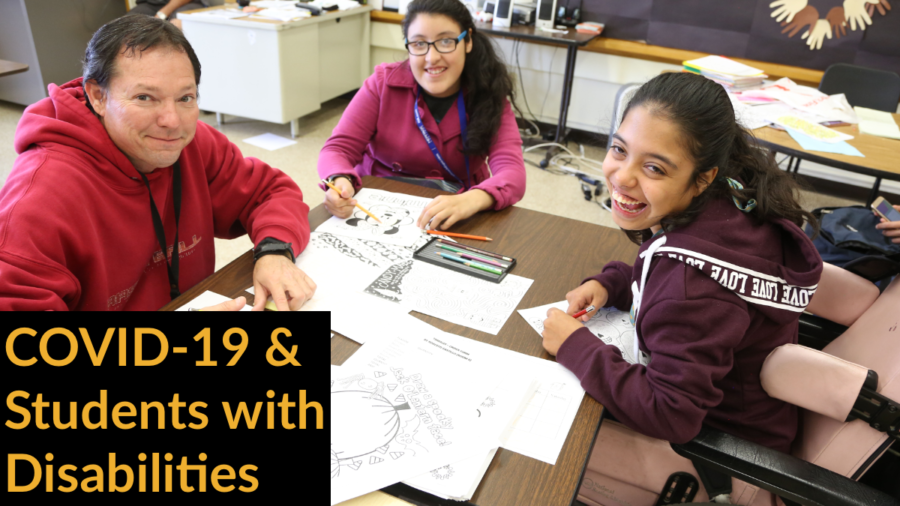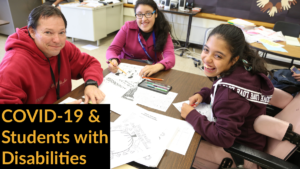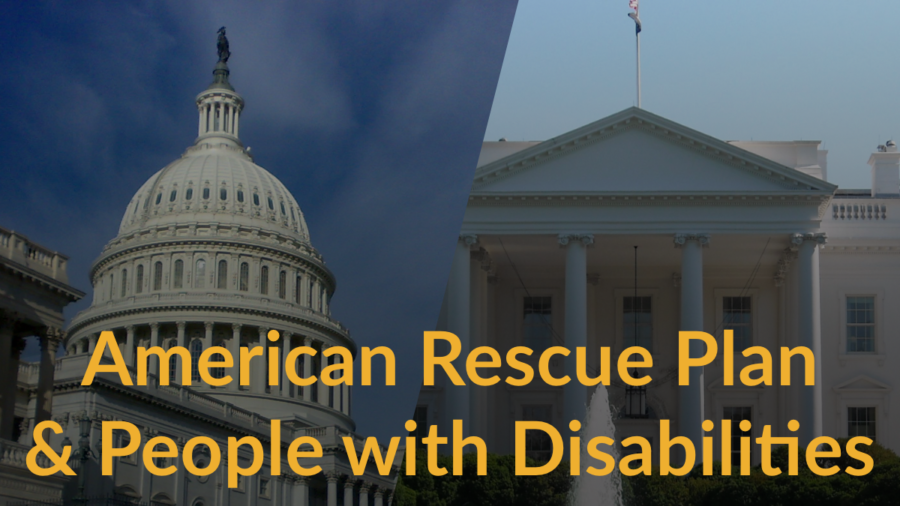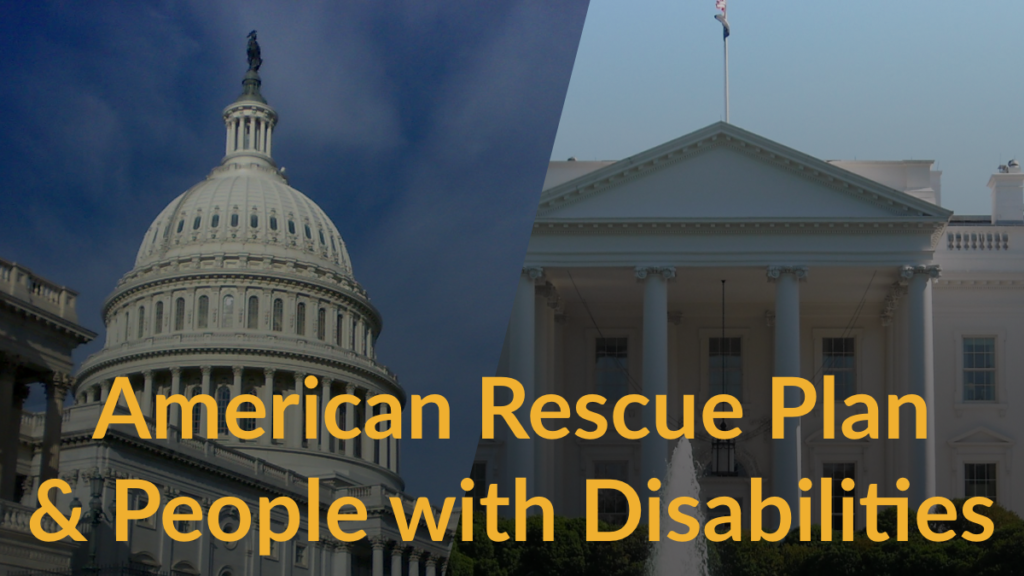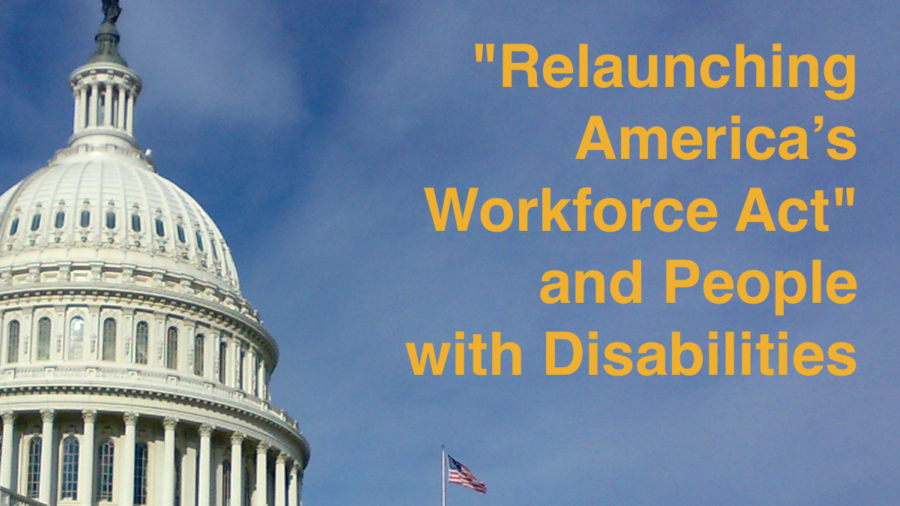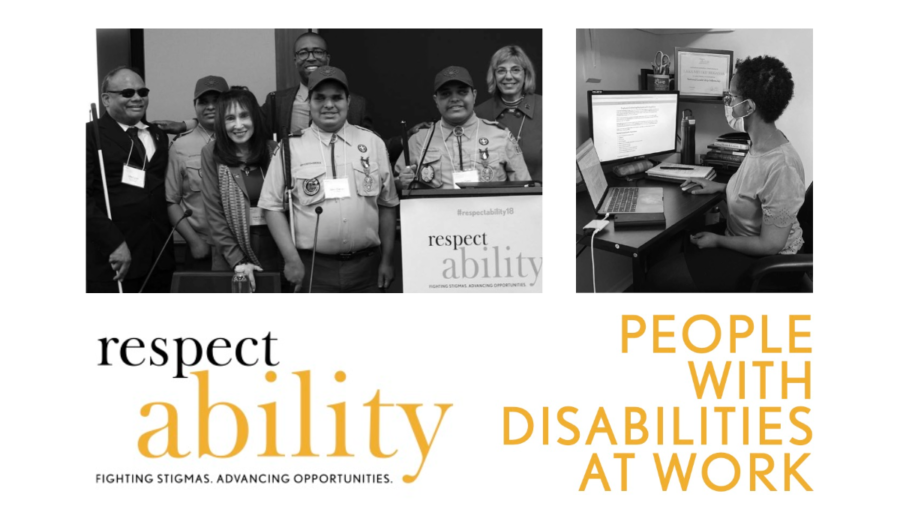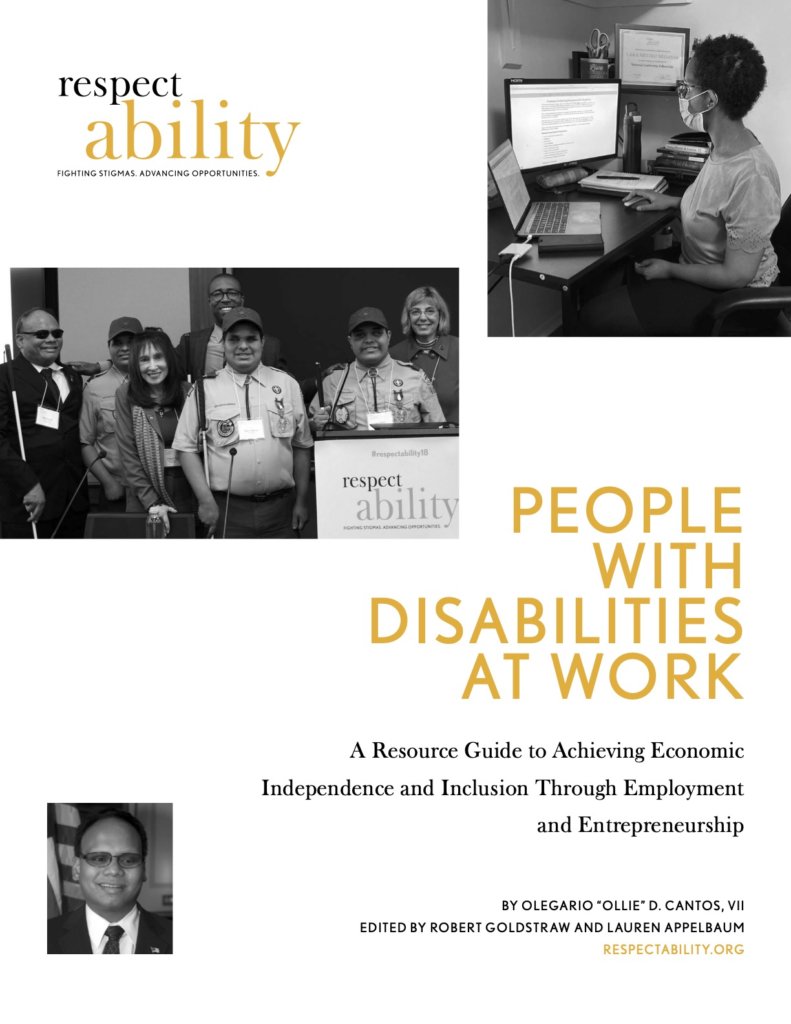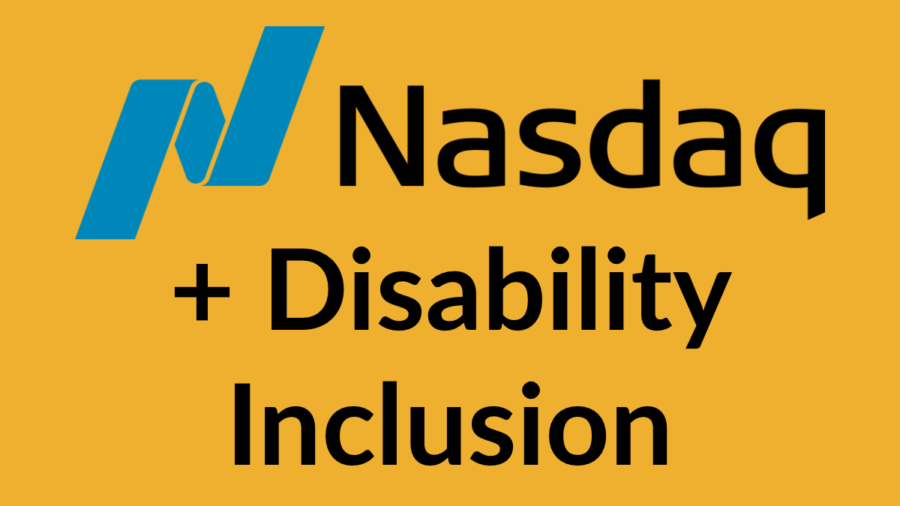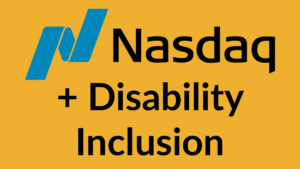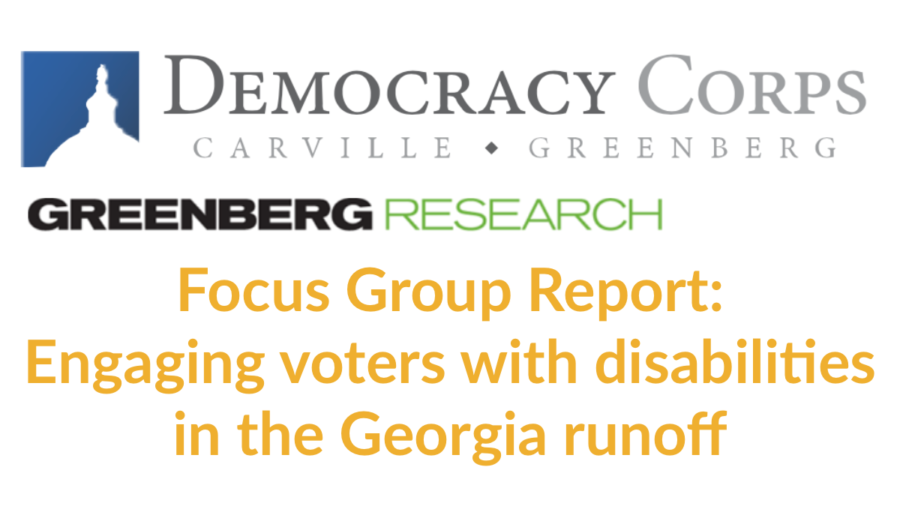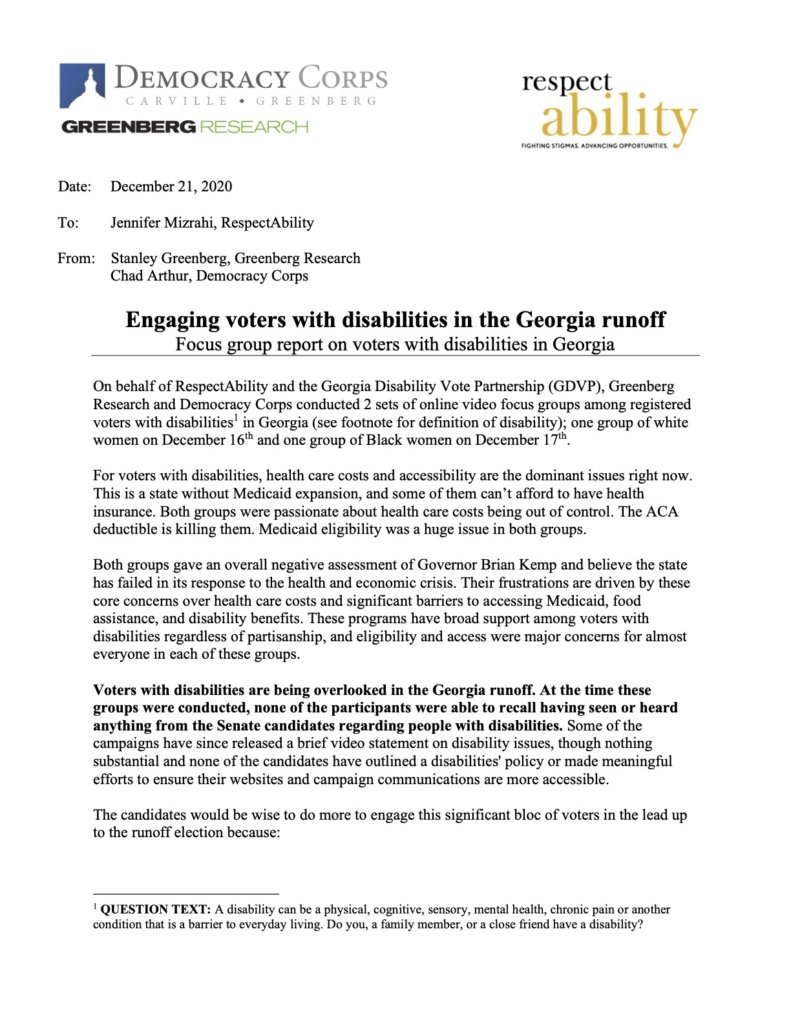Proposed Civil Rights Bill prohibits discrimination and advances equality for millions of Americans.
 Washington, D.C., April 12– On February 25, the Equality Act was passed by the House of Representatives. The Act includes a major overhaul of civil rights protections for many Americans, including millions of people with disabilities. Now, it waits for further action by the United States Senate.
Washington, D.C., April 12– On February 25, the Equality Act was passed by the House of Representatives. The Act includes a major overhaul of civil rights protections for many Americans, including millions of people with disabilities. Now, it waits for further action by the United States Senate.
The Equality Act specifically identifies sex, gender and sexual orientation as prohibited categories of discrimination or segregation. As a result, discrimination in areas such as public accommodations and facilities, the criminal justice system, federal funding, employment, housing, credit and education would be prohibited on the basis of sex, gender, or sexual orientation. This would be a major change and significant expansion of civil rights. In 2020, the Supreme Court decision in Bostock v. Clayton County expanded employment protections against discrimination for gay and transgender people. [continue reading…]



